They Came to Paris: Literature 1910–1940
Apr 20-27, 2026
8 days | France | Literary Adventures
It is 1910 in Paris, and Coco Chanel has just opened a shop selling stylish, lightweight hats near Place Vendôme. A little farther down the Seine, visitors to the Paris Motor Show can admire the new neon lights on display. Up the hill in Montmartre and across the river in Montparnasse, a quiet revolution is underway. Pablo Picasso has already painted (although not yet publicly exhibited) his shocking, angular Demoiselles d’Avignon. His friend Guillaume Apollinaire is working on a collection of “cubist” poems, Alcools, that experiment with perspective and will pave the way for generations of European and American poets looking for new modes of expression.
Step back into this world at once foreign and familiar, and experience the cultural history of Paris from a different angle. The 1920s of the “lost generation” are often seen as the beginning of modernism and its rupture with the conventions and values of the pre-war world. In fact, by the early 1900s, a new order is already taking shape. Paris will be the epicentre, drawing ambitious writers and artists from across France and around the world. But the work done here will reflect a restlessness felt far beyond the French capital.
On this journey, you’ll trace the rise of modernism through the cafés and clubs of Montmartre and Montparnasse, the Champs-Élysées theatres that staged daring new productions, the grand public projects in the Trocadéro, and the cinemas of the post-war years. Custom guided walks, literary discussions, and museum visits will deepen your understanding of life in Paris in the early years of the 20th century and the role the city played in the creative explosion that took place during and after World War I. You’ll see how the war intensified and accelerated a profound cultural and social shift we still feel more than 100 years later.
You’ll meet plenty of larger-than-life characters along the way, including Ernest Hemingway, Gertrude Stein, Guillaume Apollinaire, Le Corbusier, Paul Valéry, Kiki de Montparnasse, and Mary Borden. They lived through and tried to make sense of a time that was exhilarating and glamorous but also desperate and confusing. Read favourite works with fresh eyes, and let new readings give you an expanded sense of how writers, artists, architects, and musicians strove to create a new way of being in a world that had become unrecognizable.
Tour Cost (per person):
Approx. US$6895 includes tax and gratuities
Group Size:
12 - 16 participants
What’s included: Accommodation in double occupancy, based on hotel listed or similar; meals as specified in the itinerary; all activities as specified in the itinerary; all entrance fees; local English-speaking guides; literary discussions; books and readings; gratuities for local guides, drivers, hotel staff, and group meals; taxes; fully escorted by Discussion Leader Melanie Blake
"Loved the Paris history walks and the museum of modern art guide was fantastic!" - Dave S.
"Melanie did an excellent job on tour. Kudos to her for making the trip a memorable experience." - Dale L.
"I gained a new perspective in looking at the architecture and art of that time." - Eva D.
Itinerary at a Glance
| Day | Activity |
| 1 | Arrive to Paris / Discussion # 1 |
| 2 | Montmartre walk |
| 3 | Hemingway walk / Cooking class |
| 4 | Discussion # 2 / Existentialism walk |
| 5 | Rue Mallet-Stevens & Villa La Roche / Appartement-atelier Le Corbusier |
| 6 | Musée d’Art Moderne de Paris / Trocadéro (optional) |
| 7 | Discussion # 3 / Time at leisure |
| 8 | Depart Paris |
| Optional post-trip extension: Normandy |
Your Tour Leaders
Melanie Blake is the executive director of Classical Pursuits and organizer of the annual Toronto Pursuits cultural salon. She studied English and French at Fordham University and the Université de Montpellier, and has an MA in literature and linguistics from the University of Nottingham. She loves languages, cocktails, and the unexpected.
Samuél Lopez-Barrantes will lead two custom walks in Paris. He is a novelist who lives in Paris, where he has taught creative writing at the Sorbonne, hosts literary salons, and leads historical walks on modernism, existentialism, and the Nazi Occupation of Paris. His second novel, The Requisitions, is a historical metafiction set in Nazi-occupied Poland.
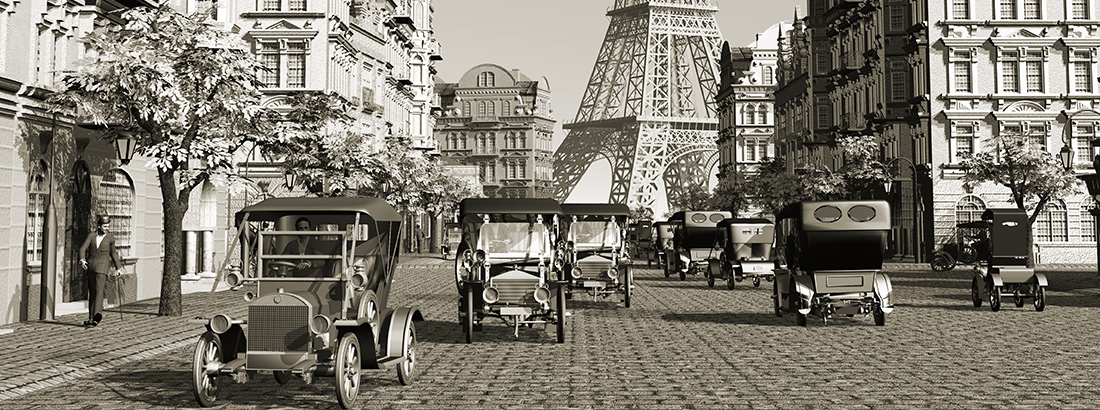
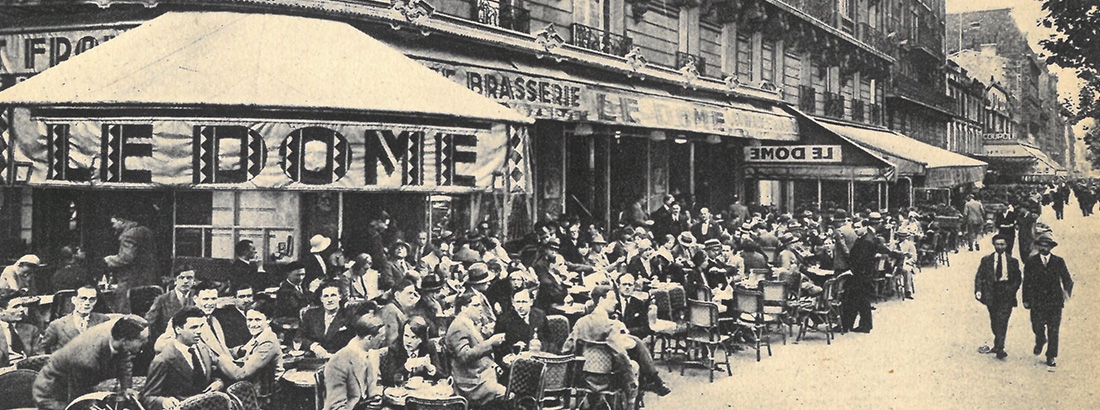
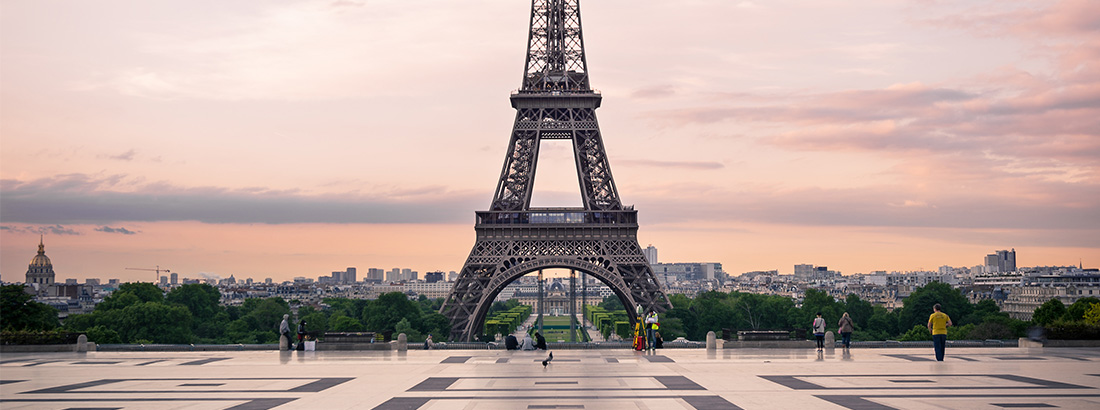
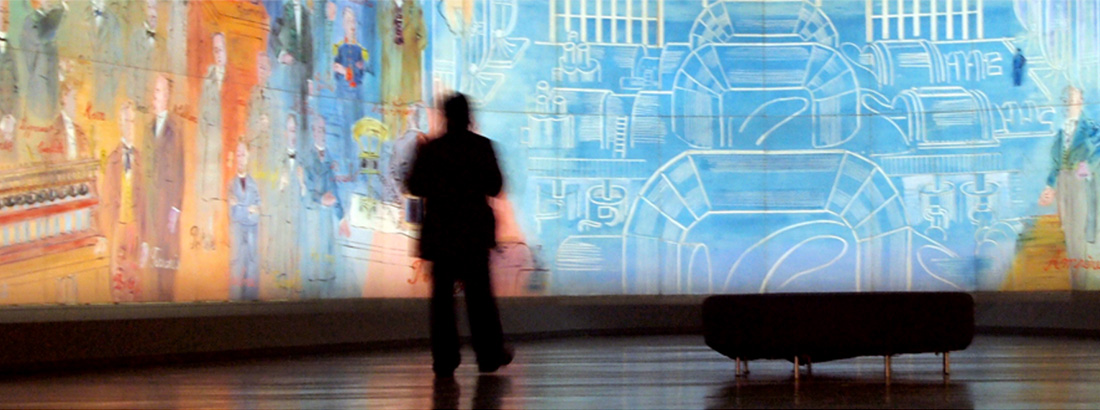
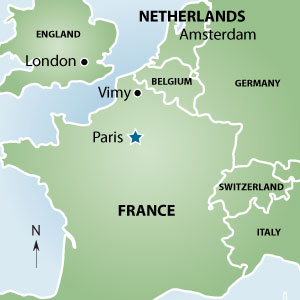
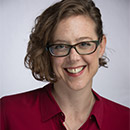
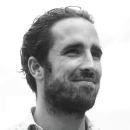



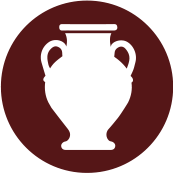
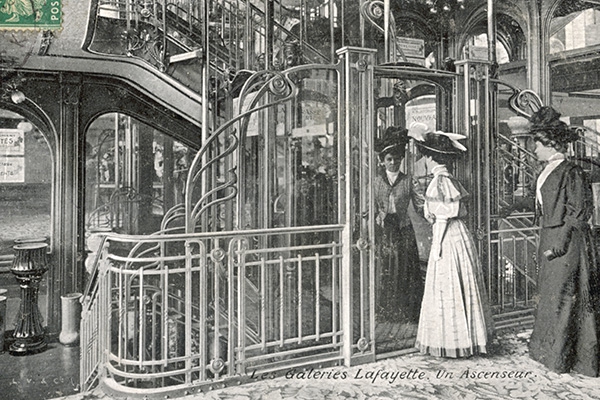
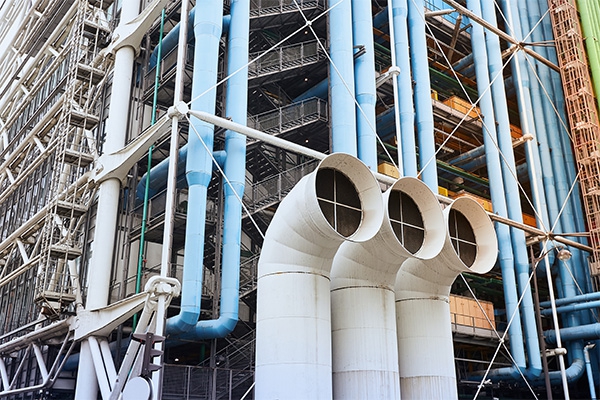

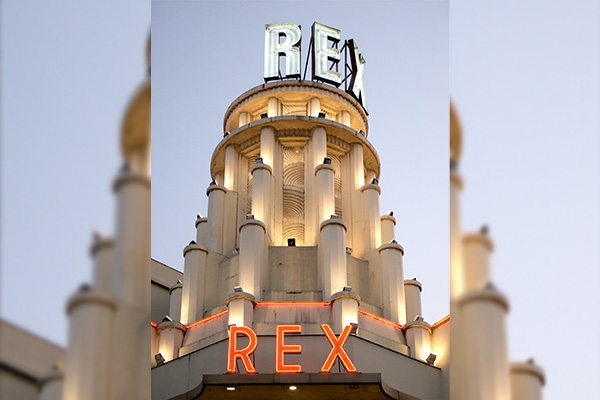
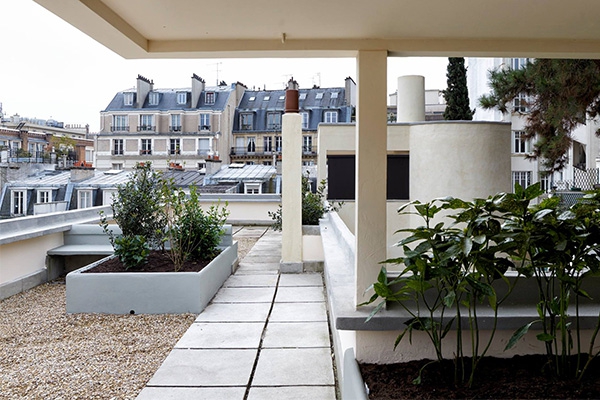
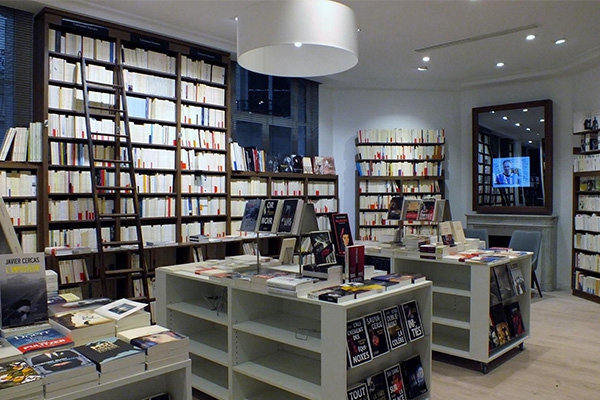


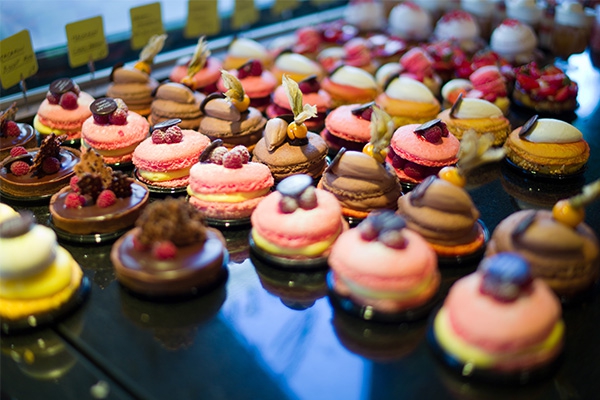
 Art, Music & Theatre Tours
Art, Music & Theatre Tours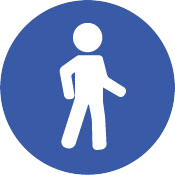 Active & Walking
Active & Walking









